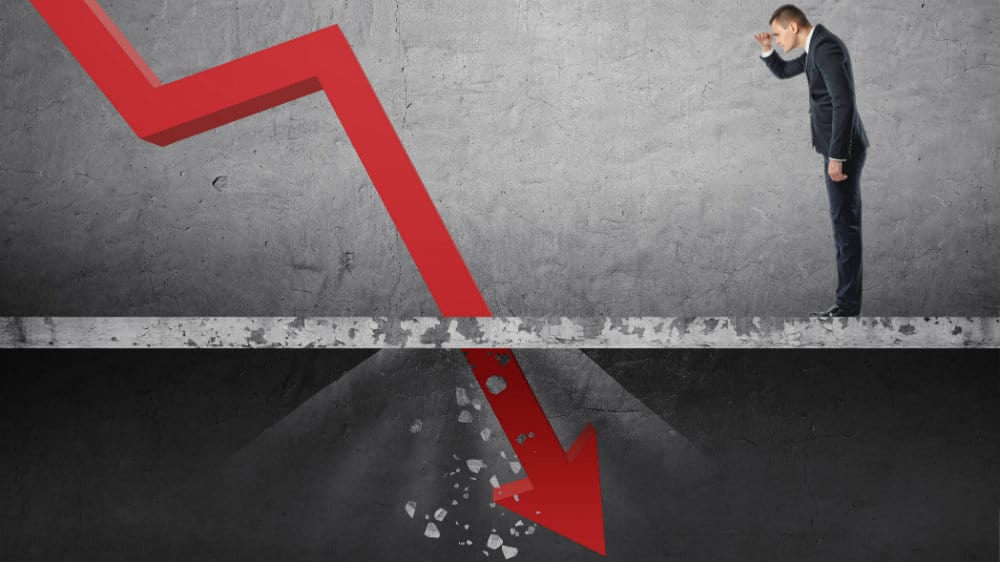In 2019, Canadian bank stocks underperformed the TSX index.
In 2020, they could be in for another year of pain.
That’s a bet being made by major hedge fund managers like Steve Eisman, who last year doubled down on his multi-billion-dollar bet against Canadian banks. Citing multiple macroeconomic concerns and questionable bank practices, he’s gone short on bank stocks like the Canadian Imperial Bank of Commerce (TSX:CM)(NYSE:CM).
Initially, Eisman’s thesis for shorting Canadian banks revolved around housing. However, late last year, he identified a second factor that could be even more troublesome. It is a developing Canadian economic trend that threatens to put the big banks in jeopardy. And just recently, a very specific price tag was put on it–one that should have investors very worried.
Canadian consumers have racked up $100 billion in debt
Last month, the Financial Post reported that Canadian consumers had racked up $100 billion in debt, mainly from credit cards. Their reporting also revealed TransUnion data showing that the average Canadian’s credit card debt was approaching $31,531, and that this milestone coincided with a slowdown in the economy. Rising debt combined with a cooling economy is bad news for many industries. However, it’s particularly bad news for banks.
Why it’s bad news for banks
On the surface, high levels of debt may appear fortuitous for banks. After all, the more loans they originate, the more interest income they collect — particularly on high-interest products like credit cards.
However, a problem begins to emerge when debt rises as a percentage of consumer income. That increases the risk of delinquencies. TransUnion thinks that more delinquencies will occur in 2020 than in prior years, having predicted that they will rise to 2.9%, up from 2.8% last September.
What does this mean for banks?
Put simply, it means a decrease in interest income, and a rise in Provisions for Credit Losses (PCLs).
In its most recent quarter, CIBC reported $402 million in PCLs, up from $264 million in the same quarter a year before. PCLs represent a bank’s estimation of the amount of money they’ll have to cover in loan losses. Because they represent a future expense (lost income), they’re deducted from net income on the bank’s income statement.
CIBC’s increase in PCLs in Q4 was 51% year over year. That’s a huge increase and a major drain on the bank’s reported earnings. In Q4, CIBC’s earnings were down 6% year over year and 15% sequentially. That’s a pretty big dip, and it’s looking like declining consumer credit quality was a big contributor to it.
Foolish takeaway
2019 was not the best year for Canadian banks, and it looks like 2020 will be similarly challenging. As we saw from CIBC, declining consumer credit quality is already taking a bite out of earnings. And with $100 billion worth of such credit in the economy, it’s likely it will yet wreak more havoc on the nation’s largest financial institutions.









